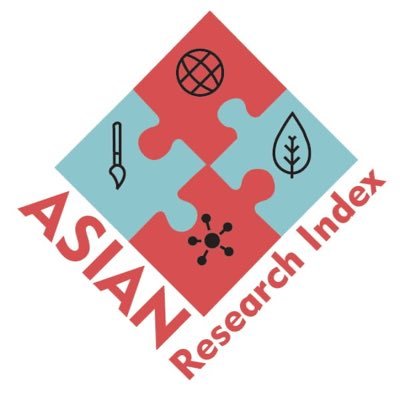Islamic Approach to Human Embryology in Modern Scientific Perspectives
Abstract
Human being’s quest to be aware of their origin (beginning) has led him in searching their genealogy roots as well as the perfect source for them has been religious scriptures (holy books). The enormous miracle is the righteous Qur'ān. In the miraculous Qur'ān, is an appropriate narrative statement of origin, reproduction and step by step developmental phases / stages of intra-uterine life. The sacred in Qur'ān had revealed this comprehension knowledge in 7th century. Moreover, hadiths (sayings and deeds) of the Prophet Muhammad (Upon whom be peace and greetings) had interpreted approximately everything concerning natal as well as postnatal events. These discoveries when presented to the professionals and experts of Anatomy and Embryology, surprised them. They believed that the knowledge given to the holy Prophet Muhammad (Upon whom be peace and greetings) was undeniably divine.This paper compared a number of passages from the Magnificent Qur'ān and the sayings of prophet Muhammad (Upon whom be peace and greetings) (hadīth, pl aḥādīth) with contemporary theories in genetics, for instance genetic counseling, recessive inheritance, sex chromosomes, cytoplasmic inheritance, genetics-environment interactions, genetic variation and gender determination. This study will contribute a linguistic (grammatical) breakdown of the appropriate verses and aḥādīth, and show a relationship between these linguistic objects to prove traditionally truths in the field of human embryology.In chapter 23, verses 12 to 14, the Qur’an provides eight meaningful points describing the process of the developing human embryo.



.png)




